Unlock Data Insights Faster: How to Automate Data Analytics Processes
The Future is Automated: How Data Analytics Automation Tools are Revolutionizing Finance & Beyond The digital landscape is evolving at breakneck speed, particularly in the realms of finance, technology, and investment. Amid this transformation, businesses are scrambling to harness the power of data to gain a competitive edge. But raw data alone is useless. The real value lies in extracting actionable insights – a process increasingly reliant on sophisticated data analytics automation tools. This post dives deep into how these tools are reshaping industries, impacting investment strategies, and paving the way for a future driven by intelligent automation. We'll explore beyond just the tools themselves, examining the rise of AI agents, the impact of crypto market dynamics, and the strategic importance of data pipeline automation. Why Data Analytics Automation is No Longer Optional For years, data analysis has been a labor-intensive process, often involving manual data collection, cleaning, and visualization. This not only consumes valuable time but also introduces the risk of human error. The sheer volume and velocity of data generated today makes manual approaches unsustainable. Businesses that fail to embrace data analytics automation tools risk falling behind, missing crucial opportunities, and making decisions based on incomplete or inaccurate information. The increasing complexity of financial markets, coupled with rapid technological advancements, demand a more agile and data-driven approach. Furthermore, regulatory pressures are forcing companies to enhance their data governance and reporting capabilities. Automation provides the necessary infrastructure to meet these requirements efficiently and effectively. Think about compliance reporting – it's become significantly easier and faster with automated data processing. Key Benefits of Implementing Data Analytics Automation The move towards automated analytics isn’t just about efficiency; it’s about unlocking new levels of strategic advantage. Here are some of the key benefits: Increased Efficiency: Automating repetitive tasks frees up analysts to focus on higher-value activities, such as strategic thinking and interpreting complex insights. This is also critical for successful data pipeline automation. Improved Accuracy: Automation minimizes human error, leading to more reliable and trustworthy data insights. Faster Time-to-Insight: Automated processes accelerate the data analysis cycle, allowing businesses to respond quickly to changing market conditions. Enhanced Scalability: Automated systems can easily handle growing data volumes without requiring significant increases in manual effort. Cost Reduction: By automating tasks, businesses can reduce labor costs and improve operational efficiency. Exploring the Landscape of Data Analytics Automation Tools The market for data analytics automation tools is booming, with a wide array of options available. These tools can range from cloud-based platforms to specialized software solutions. Some popular categories include: Business Intelligence (BI) Platforms: Tools like Tableau, Power BI, and Qlik Sense offer interactive dashboards and reporting capabilities for visualizing and analyzing data. These are excellent for collaborative data exploration. Data Integration Tools: These tools facilitate data pipeline automation by bringing together data from multiple sources into a central repository. Examples include Fivetran, Stitch, and Talend. Machine Learning Platforms: Platforms such as Databricks, Amazon SageMaker, and Google Cloud AI Platform enable the development and deployment of machine learning models for predictive analytics and automated decision-making. RPA (Robotic Process Automation) Tools: RPA tools automate repetitive tasks, such as data entry and report generation. Automation Anywhere and UiPath are popular choices. The Rise of AI Agents and the Future of Automation The integration of Artificial Intelligence (AI) is dramatically transforming automated analytics. AI agents are emerging as sophisticated tools that can autonomously perform complex data analysis tasks. These agents go beyond simple automation; they can identify patterns, make predictions, and even recommend actions – all with minimal human intervention. Consider an AI agent that continuously monitors cryptocurrency market data, identifies arbitrage opportunities, and executes trades automatically. This level of automation was unimaginable just a few years ago. Here’s a quick comparison of key players: Tool Category Examples Key Features Ideal Use Case BI Platforms Tableau, Power BI, Qlik Sense Interactive dashboards, data visualization, self-service analytics Business performance monitoring, reporting, data exploration Data Integration Fivetran, Stitch, Talend Data pipeline automation, ETL processes, data warehousing Consolidating data from multiple sources, building data lakes Machine Learning Databricks, SageMaker, GCP AI Model building, deployment, predictive analytics, automated insights Forecasting, customer segmentation, risk assessment RPA Automation Anywhere, UiPath Automating repetitive tasks, data entry, report generation Streamlining workflows, reducing manual effort Data Analytics Automation in Investment Strategies The impact of data analytics automation is particularly profound in the investment world. Algorithmic trading, portfolio optimization, and risk management are all being increasingly driven by automated insights. Financial institutions are leveraging AI agents to analyze market trends, identify investment opportunities, and manage risk more effectively. For example, automated platforms are now able to perform sentiment analysis on news articles and social media to identify potential investment risks and opportunities. Furthermore, data pipeline automation is essential for feeding real-time data to trading algorithms, ensuring timely and informed decisions. The rise of decentralized finance (DeFi) and the crypto market has accelerated this trend significantly. Alternative Investments and Automated Analysis Beyond traditional asset classes, alternative investments like private equity, real estate, and commodities are also benefiting from data analytics automation. Automated tools can analyze vast amounts of unstructured data, such as news reports, market research, and financial statements, to identify promising investment opportunities and assess risks. This is especially valuable in navigating the complexities of emerging markets and niche asset classes. Navigating the Risks and Staying Ahead While data analytics automation offers tremendous potential, it's important to be aware of the risks. Data security, algorithmic bias, and the potential for unintended consequences are all valid concerns. It’s crucial to implement robust governance frameworks and ethical guidelines to mitigate these risks. Furthermore, staying abreast of the latest advancements in AI and machine learning is essential for maximizing the benefits of automation. Your Next Step: Embrace the Automation Revolution Data analytics automation tools are no longer a luxury – they are a necessity for businesses looking to thrive in the 21st century. By embracing automation, you can unlock new levels of efficiency, accuracy, and insight. To learn more about building efficient data pipeline automation, explore resources from platforms like Tableau's data analytics platform and Fivetran's data pipelines. What are your thoughts on the future of automation? Share your comments and insights below!
Share this content:
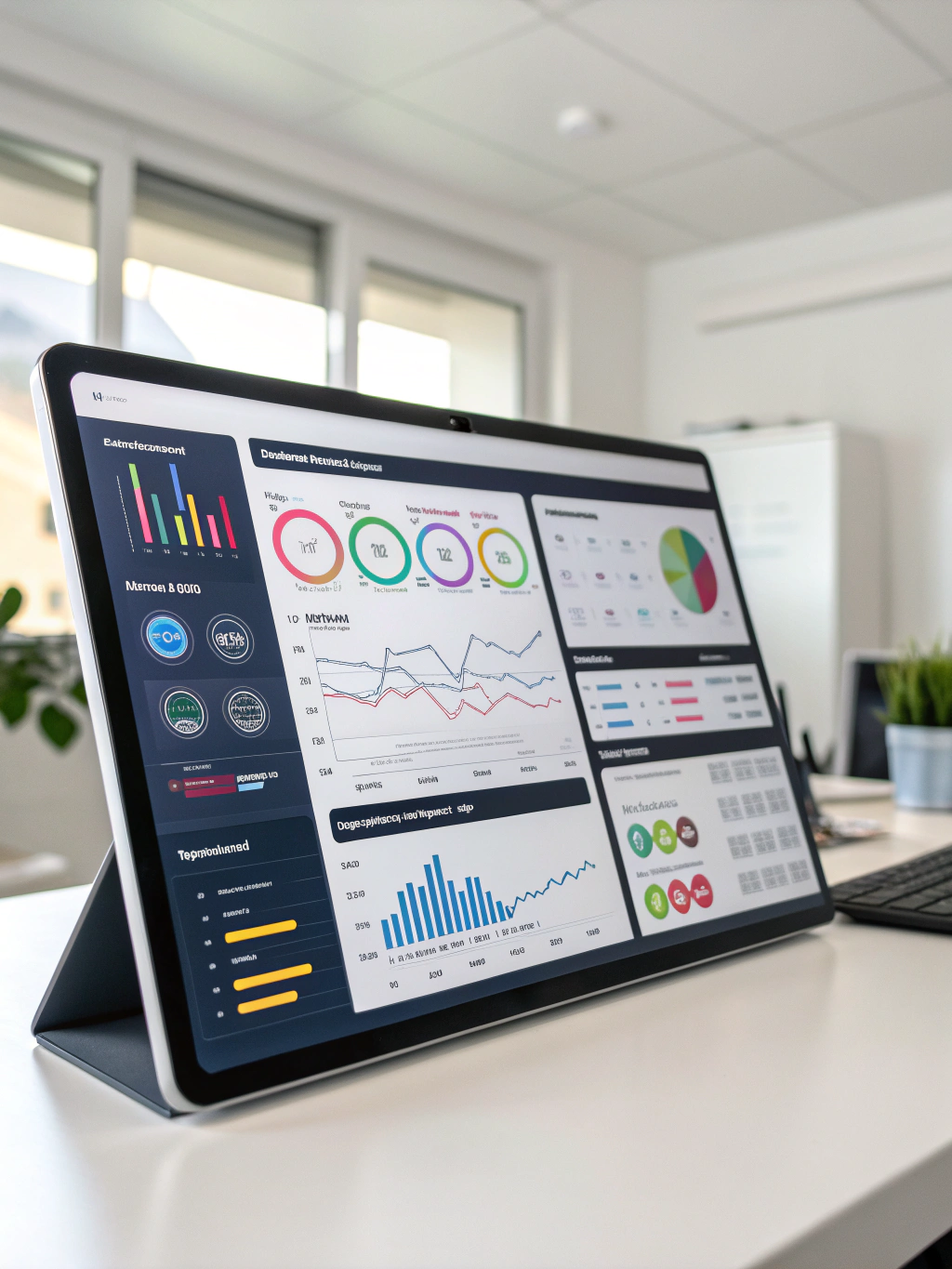

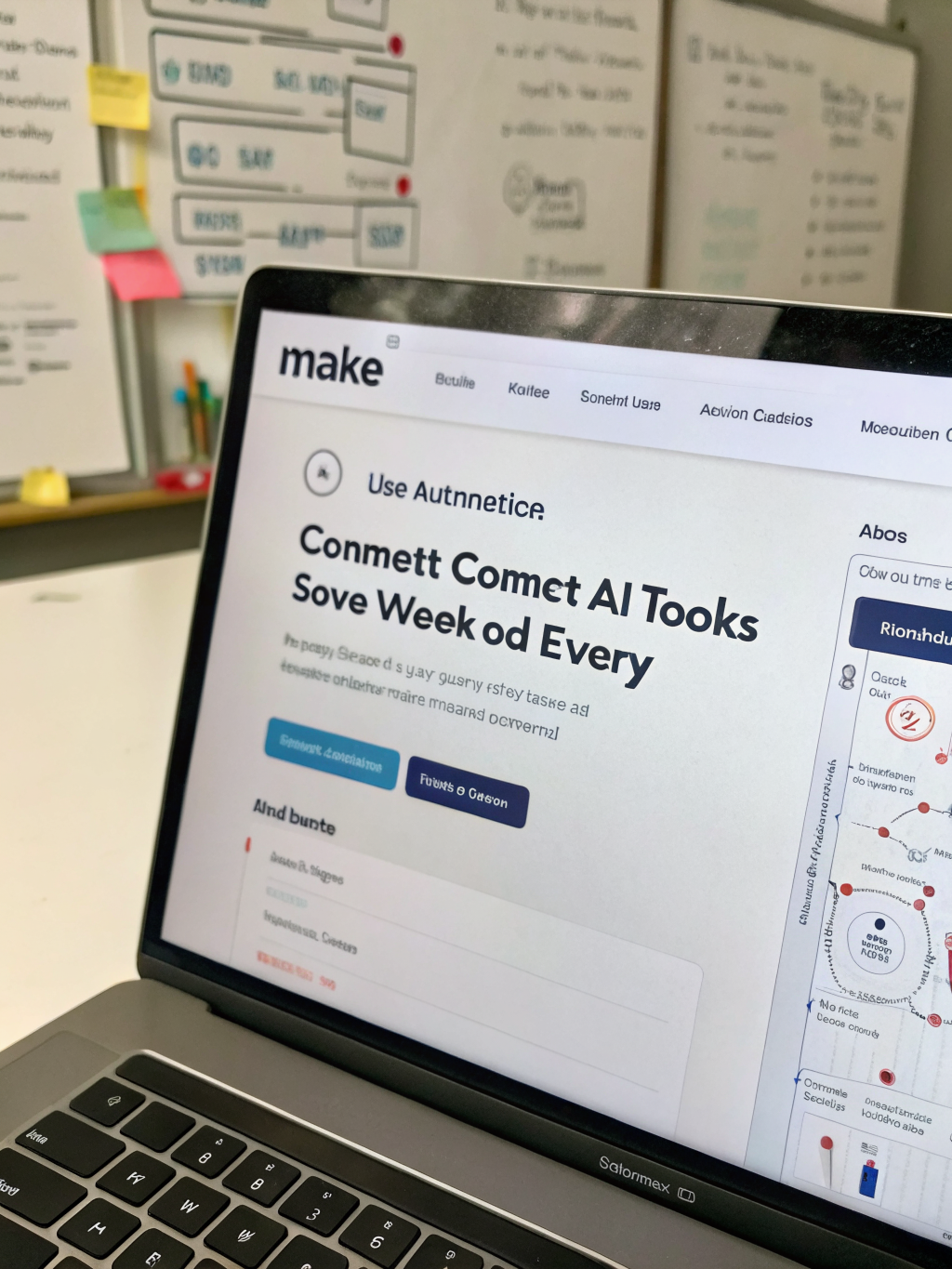
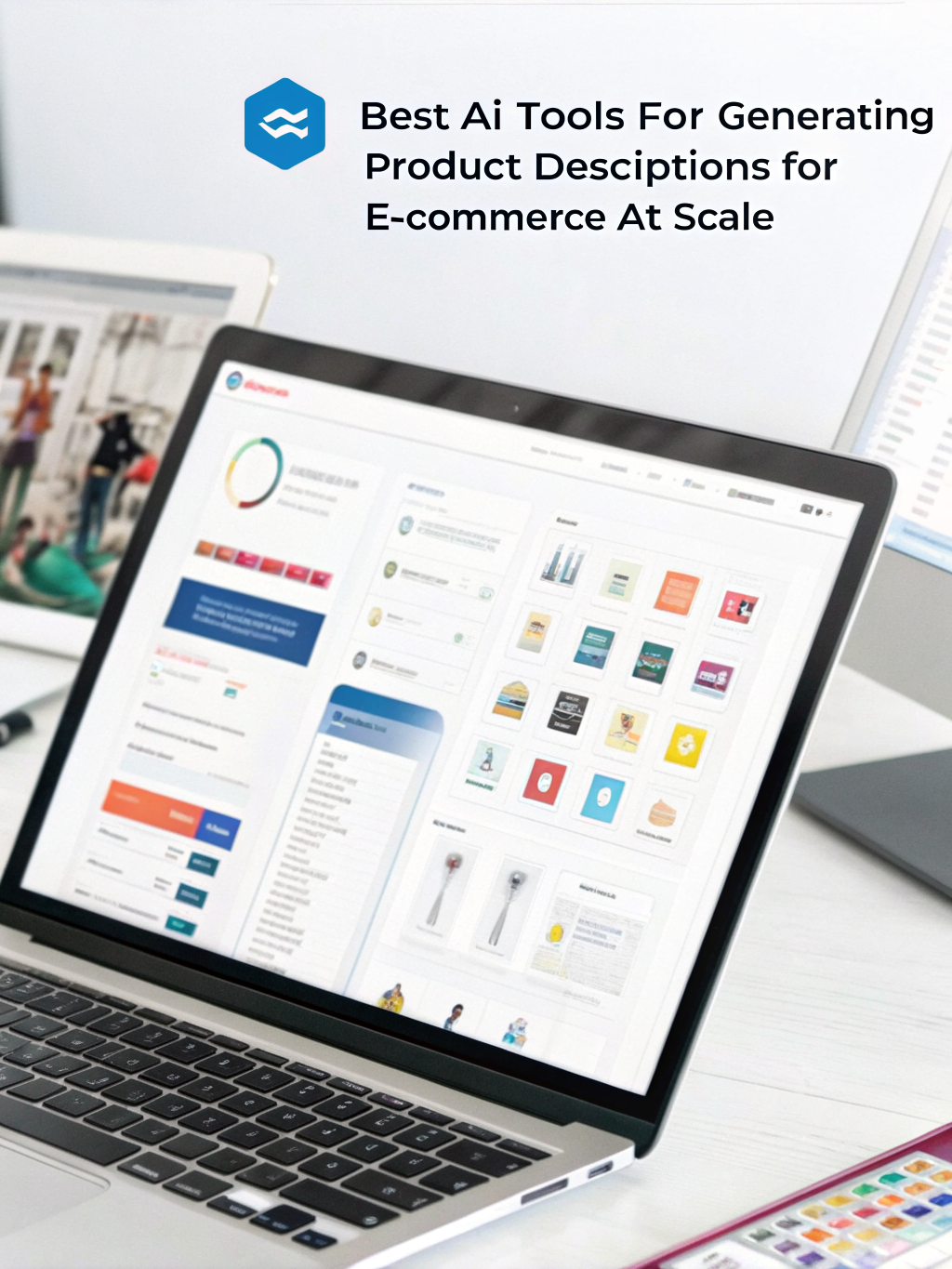

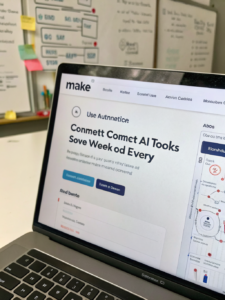
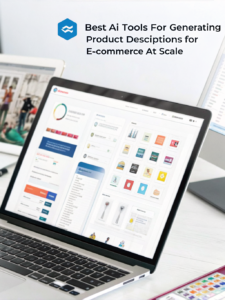
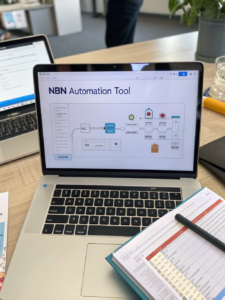
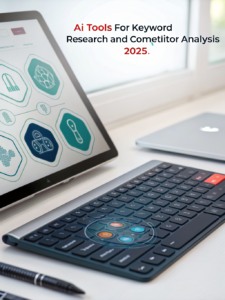
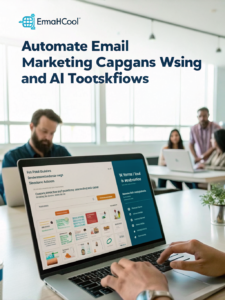
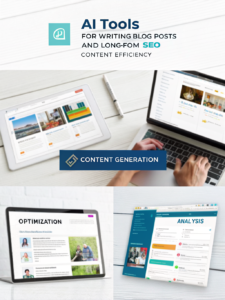


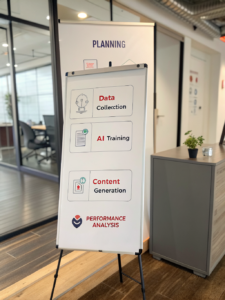
Post Comment